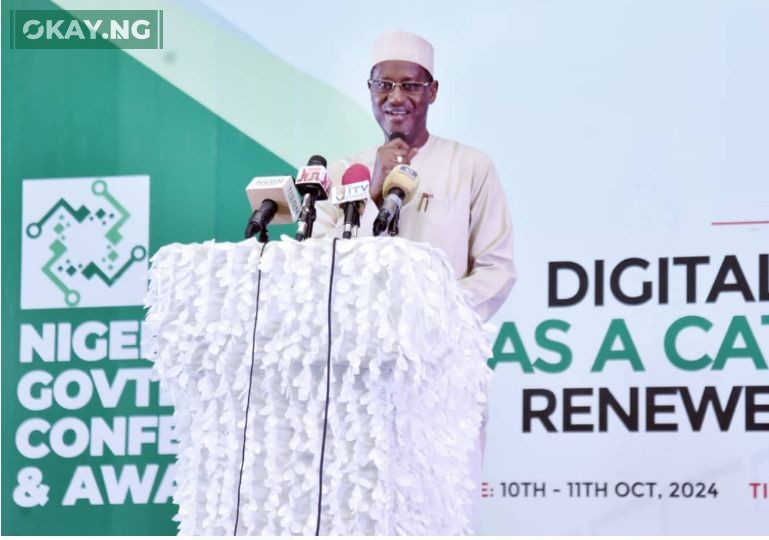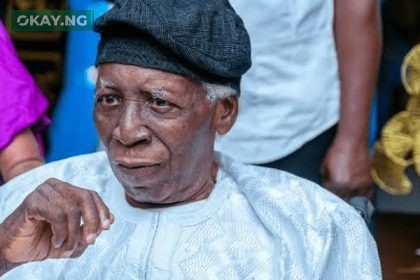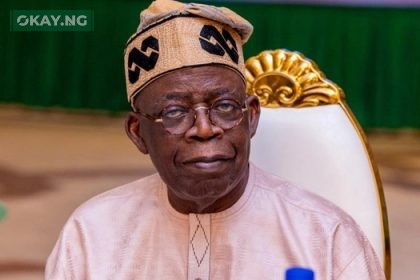The Federal Government has revealed that less than 10% of Nigeria’s land has been documented over the past 140 years. Speaking at a recent workshop on the National Land Registration and Documentation Programme in Abuja, the Minister of Housing and Urban Development, Ahmed Dangiwa, highlighted the poor state of land documentation in the country.
Dangiwa explained that since formal land registration began in Nigeria in 1883, the process has been slow, cumbersome, opaque, and costly for most landowners. As a result, less than 10% of the country’s land has been registered in over a century. To address this, the government has announced a partnership with the private sector to accelerate land registration and documentation, aiming to tackle long-standing challenges in land governance.
The minister emphasized the urgent need for systemic reforms, noting that over 90% of Nigeria’s land remains unregistered and untitled. This has left landowners unable to leverage their assets for economic growth, resulting in what experts estimate to be over $300 billion in “dead capital.” Dangiwa stressed that resolving this issue is not just about administrative efficiency but is crucial for economic transformation.
To modernize land administration, the government plans to launch a national digital land information system, increase formal land transactions, and train land registration officers. The goal is to register, document, and title all land parcels, unlocking Nigeria’s dead capital and enabling landowners to use their assets for economic development.
Dangiwa also highlighted the importance of public-private partnerships (PPPs) in mobilizing resources and expertise for the initiative. He pointed out that digitized land administration offers significant investment opportunities and called for identifying successful PPP models that can be adapted to Nigeria’s context.
The World Bank has pledged its support for the program. Representing the World Bank Country Director, Dr. Michael Ilesanmi, a Senior Special Development Specialist, reaffirmed the bank’s commitment, stating that the initiative aligns with its vision to eradicate poverty and unlock economic potential at both national and sub-national levels.
Dangiwa assured stakeholders that the government is committed to establishing a uniform framework for land administration while respecting state-level jurisdictions. He also noted that the initiative aims to increase formal land transactions from the current 10% to over 50% within the next decade, improve access to credit, and boost internally generated revenue for state governments.
The workshop reviewed previous efforts to streamline land registration, including recommendations from the Presidential Technical Committee on Land Reforms, which proposed systematic land titling and registration as a proven solution. Dangiwa expressed confidence in the political will of President Bola Ahmed Tinubu’s administration to drive these reforms, stating, “With the support of the World Bank, we are on the cusp of making history in Nigeria.”













